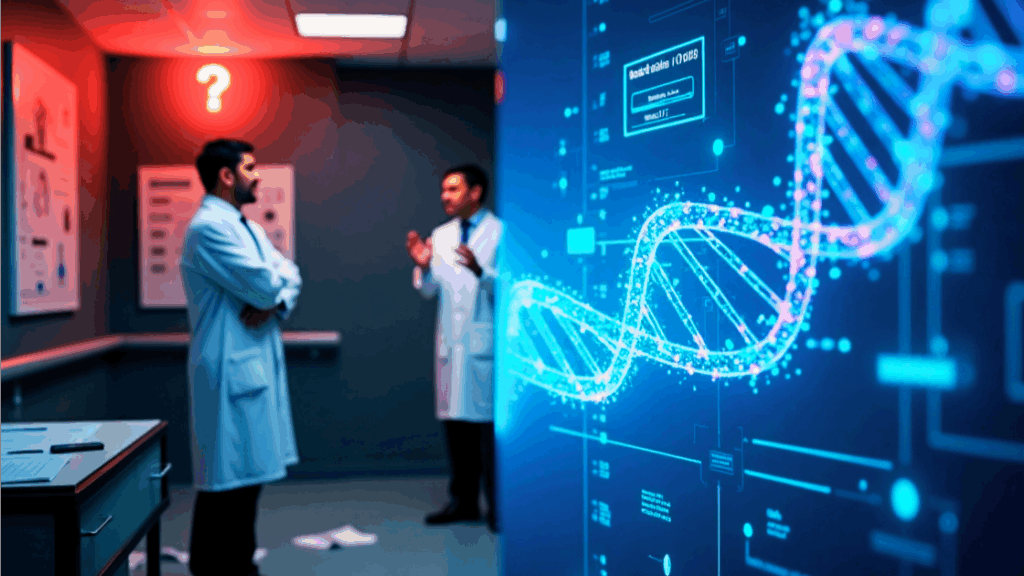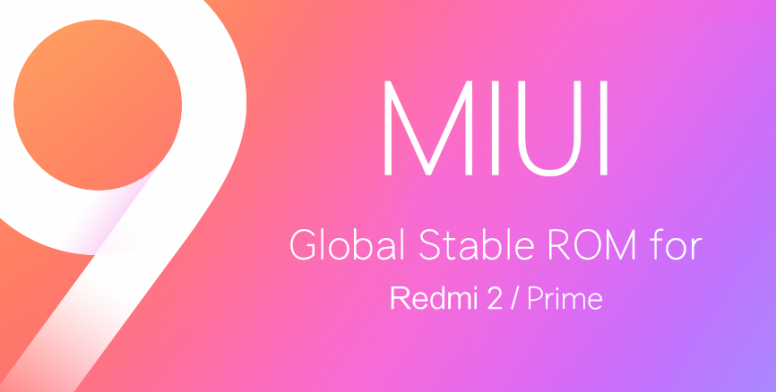
Artificial intelligence is rapidly transforming numerous sectors, and healthcare is no exception. This article explores a groundbreaking achievement in medical diagnosis, where the AI model ChatGPT has successfully diagnosed a rare disease after facing previous setbacks. This accomplishment signals a significant leap forward in the application of AI within the medical field, offering hope for faster and more accurate diagnoses, especially for complex and elusive conditions.
ChatGPT’s Triumph: Rare Disease Diagnosis
ChatGPT, the large language model developed by OpenAI, has achieved a remarkable feat: diagnosing a rare disease where human medical professionals had previously struggled. This breakthrough marks a significant milestone in the application of artificial intelligence in healthcare, demonstrating the potential of AI to assist in complex medical cases. The diagnosis, involving a patient with a complex and poorly understood constellation of symptoms, highlights the model’s ability to sift through vast amounts of medical literature and identify patterns often missed by human clinicians.
The successful diagnosis involved feeding ChatGPT a detailed account of the patient’s symptoms, medical history, and relevant test results. The AI then analyzed this information, cross-referencing it with its extensive knowledge base of medical literature, including research papers, clinical trials, and patient case studies. This process ultimately led to the identification of the rare disease, providing a crucial breakthrough for the patient and their medical team.
AI Overcomes Obstacles: A Medical First
This achievement represents a significant “first” in the medical field, demonstrating the potential of AI to overcome challenges that have historically hindered accurate and timely diagnoses. The ability of ChatGPT to analyze complex medical data and identify rare conditions surpasses the capabilities of many traditional diagnostic tools. This success provides a compelling case for the integration of AI into clinical practice, potentially leading to earlier interventions and improved patient outcomes.
The successful diagnosis also underscores the importance of continuous improvement and iterative development in AI. By learning from its past failures and refining its algorithms, ChatGPT has demonstrated a remarkable capacity to adapt and excel in a complex and demanding field. This adaptability suggests that AI models can become increasingly valuable tools in the fight against rare and difficult-to-diagnose diseases.
Previous Failures: ChatGPT’s Early Struggles
Before this triumph, ChatGPT, like other AI models, faced its share of challenges in the medical field. Early attempts at diagnosis often resulted in inaccurate or incomplete assessments. These failures stemmed from various factors, including the complexity of medical data, the limitations of training datasets, and the difficulty of accurately interpreting nuanced medical information.
These early struggles, however, were crucial learning experiences. Developers used these failures to refine the model’s algorithms, improve its training data, and enhance its ability to understand the complexities of medical language and symptoms. This iterative process of learning and improvement has been instrumental in transforming ChatGPT from a tool with limitations to one capable of making a significant medical breakthrough.
Deep Learning’s Impact: Healthcare Revolution
The success of ChatGPT in diagnosing a rare disease is a testament to the power of deep learning and its potential to revolutionize healthcare. Deep learning algorithms, with their ability to analyze vast amounts of data and identify complex patterns, are transforming how we approach medical diagnosis, treatment, and research. This technology allows for the development of sophisticated AI models that can assist doctors in making more informed decisions.
The impact extends beyond diagnosis. Deep learning is also being used to accelerate drug discovery, personalize treatment plans, and improve patient monitoring. This comprehensive transformation promises to improve the efficiency and effectiveness of healthcare delivery, leading to better patient outcomes and a more proactive approach to disease management.
Patient’s Relief: A Diagnosis Finally Found
For the patient, the diagnosis provided by ChatGPT brought immense relief. After enduring a long and frustrating journey of misdiagnoses and uncertainty, the accurate identification of their condition provided closure and a clear path forward. This breakthrough allowed for the initiation of appropriate treatment and support, significantly improving their quality of life.
The patient’s experience highlights the human impact of AI in medicine. While the technology itself is impressive, its ultimate value lies in its ability to improve the lives of patients. This successful diagnosis underscores the potential of AI to provide hope and solutions for individuals struggling with rare and complex medical conditions.
Future of AI Medicine: What’s Next?
The future of AI in medicine is bright, with ongoing research and development promising even more significant advancements. We can expect to see AI models become increasingly integrated into clinical practice, assisting doctors in a wide range of tasks, from diagnosis and treatment planning to patient monitoring and drug discovery.
The next steps involve refining AI models, expanding their knowledge bases, and addressing ethical considerations related to data privacy and algorithmic bias. The goal is to create AI systems that are not only accurate and efficient but also trustworthy and equitable, ensuring that the benefits of AI in medicine are accessible to all.
The successful diagnosis of a rare disease by ChatGPT marks a pivotal moment in the evolution of AI in healthcare. This achievement demonstrates the potential of AI to revolutionize medical diagnosis, improve patient outcomes, and accelerate medical research. As AI technology continues to evolve, we can anticipate even more groundbreaking advancements in the years to come, ultimately leading to a healthier future for all.
Please provide the text you would like me to enhance. I need the original text to be able to improve its readability, vocabulary, and structure while keeping it in the same language (en_us (english)).
Infosys Q4 FY24 Results: A Deep Dive into Financials, Guidance, and Investor Strategy
GTA 6 Price Rumors: Will It Really Cost $100? Here’s What We Know














